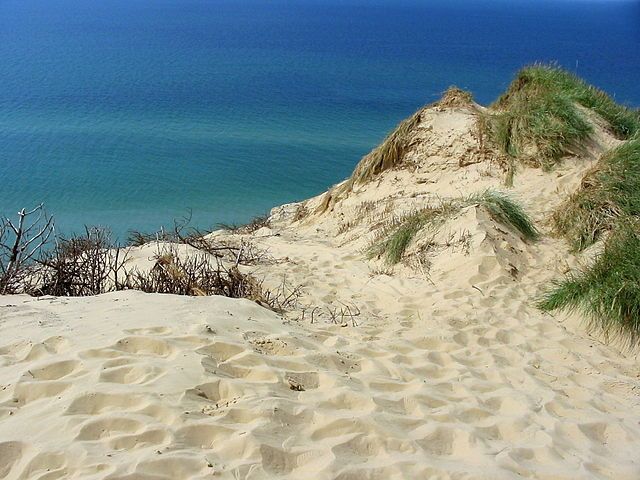Beachfront homeowners who have placed rocks, piers, concrete walls and other restrictions between their properties and the shoreline are in violation of nature protection legislation. Danmarks Naturfredningsforening, the national conservation group, wants the obstacles removed.
The problem is found throughout the country, but is especially acute along Rungsted Strand on the Øresund coast, and the conservation watchdogs have appealed to the municipality to get owners to clean up the beachfront.
“The key for us is that something happens, and it happens fast,” Danmarks Naturfredningsforening head Peter Skat Nielsen told Frederiksborg Amts Avis.
Not much help
Nielsen won’t be happy with the response from the authorities at Hørsholm Municipality, however.
“I am not out to prosecute everyone,” said Hørsholm mayor Morten Slotved. “We go after the egregious cases, but we do not have the resources to prosecute every small infraction. It is also up to people to police themselves.”
Walking along the beach is becoming an increasing problem everywhere.
“People living close to the water do not want others on their property creating tension among those living on the waterfront and others that live in the municipality,” said Per Sørensen, the chief technical officer at the coastal authority Kystdirektoratet.
He added it can often be difficult to remove obstacles once they have been put in place.















